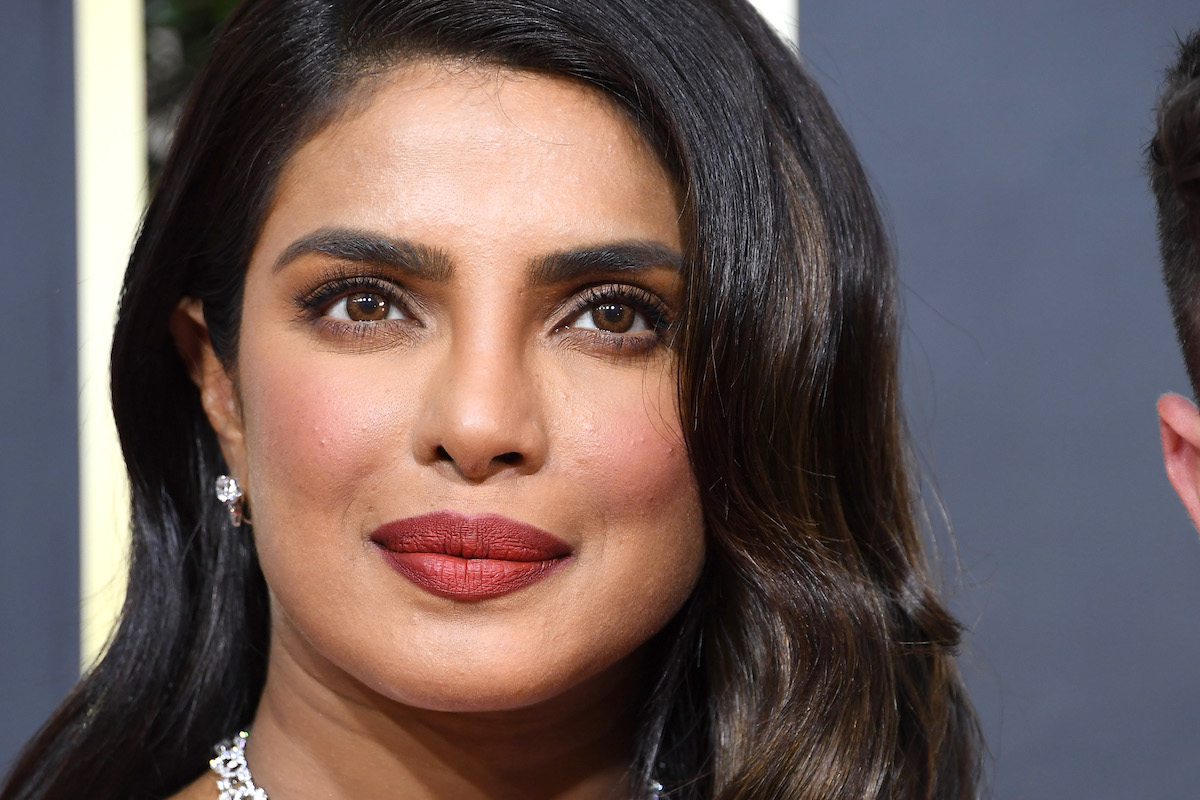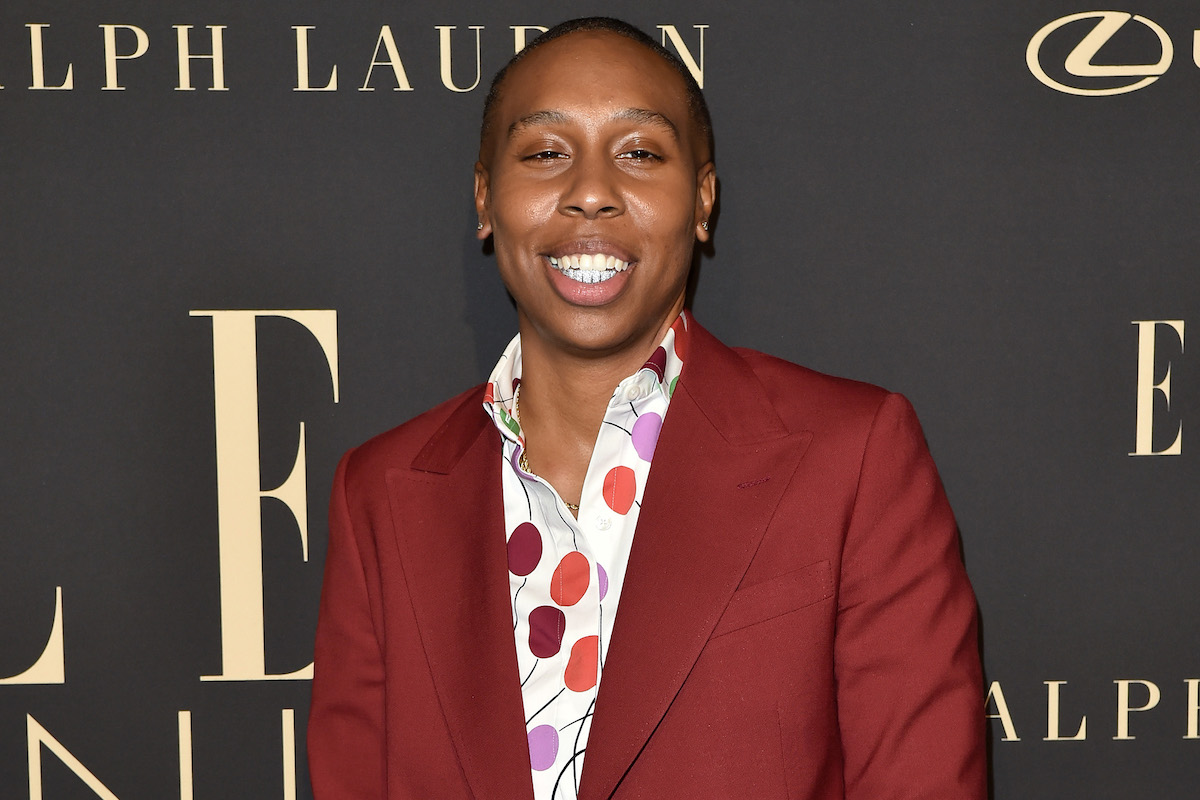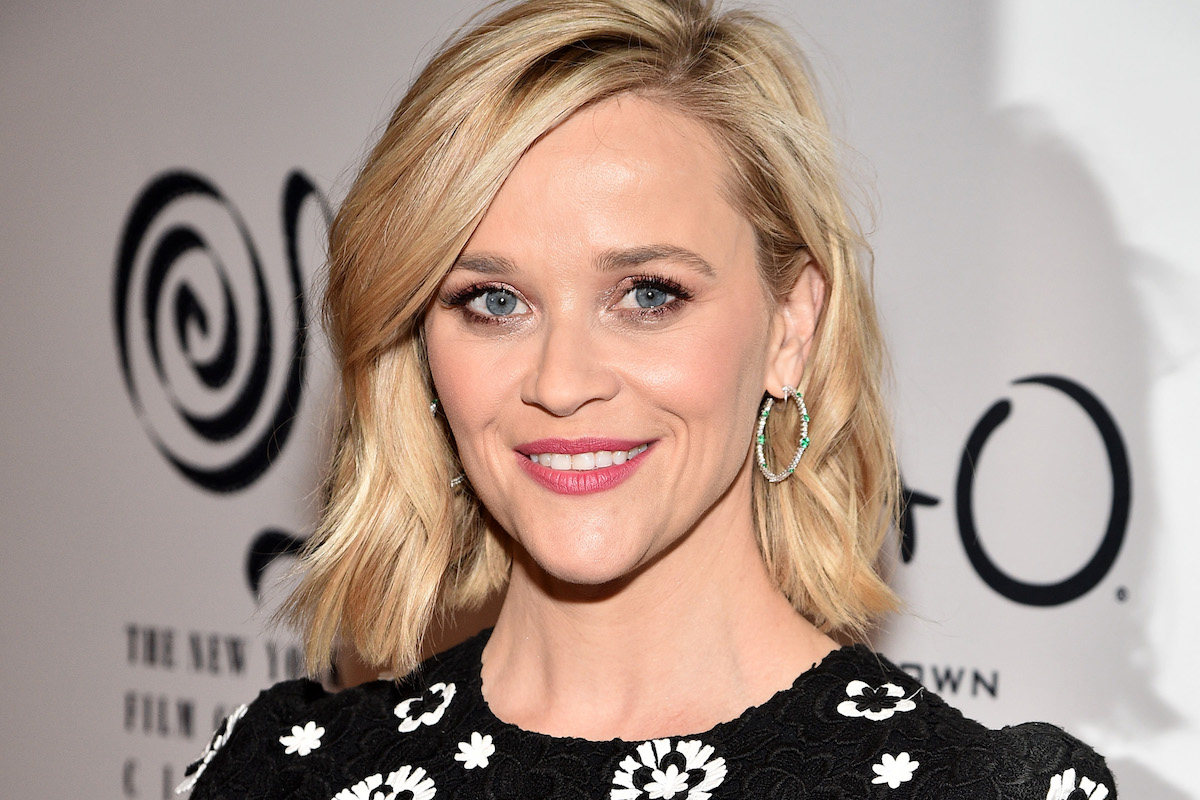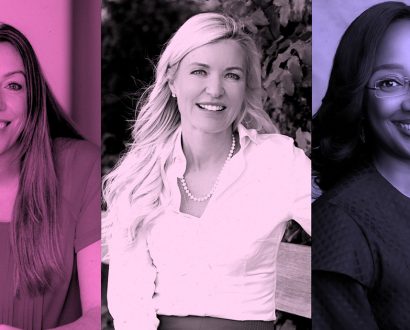Witherspoon is no doubt best known for the film that brought her wider recognition in 2001: Legally Blonde. The film had a pretty powerful impact, thanks to its narrative of a sorority girl who undertakes law at Harvard to win back her boyfriend, before deciding to pursue a successful education and career for herself. It was a revolutionary message: even girls who chose to appear stereotypically feminine didn’t have to subscribe to old-fashioned gender roles, and women had the power to prioritise their professional lives over romance.
A brief career lull struck after Witherspoon starred in 2005’s Johnny Cash biopic Walk the Line, with the exception of Water for Elephants in 2011. But she soon overturned that hiatus herself; a career comeback was sparked thanks to two films she produced with her production company Pacific Standard (Gone Girl and Wild, the latter of which she starred in).
In 2016, Pacific Standard led to Hello Sunshine (of which Pacific Standard remains a subsidiary), a venture designed to promote female-driven stories primarily for screen. Hello Sunshine found success at this year’s Golden Globes, with six nominations for productions Big Little Lies on HBO and The Morning Show on Apple TV+.
As Hollywood award ceremonies continue to draw flack for poor diversity, with few female filmmakers recognised this year, Hello Sunshine’s success is an important step forward for recognition of women’s stories in Hollywood.
Today, the company has its fingers in numerous pies: film, TV, podcasts, audiobooks and books, all foregrounding female-led stories. The impetus for Hello Sunshine, Witherspoon says, was one of the worst scripts she’d ever read.
At an Adobe Summit conference last year, she told the audience the script had been “terrible and misogynistic”, and worse, her agent had said that every actress in Hollywood was after the part. “I said, ‘I’ve got to do something about that,” Witherspoon said. “These women are accomplished and they deserve to be the centre of their own stories. Everything the woman in the script says is in service of the male characters.”
Years later, productions like Big Little Lies represent the stories Witherspoon wanted to tell, and the contrast to traditional, male-dominated storytelling was profound, from what Witherspoon describes. “It’s about five characters who all speak to each other and have a deep experience, and we’d remark about it on set; it was the first time most of us had a long scene with another woman.”
Honourable mentions
Priyanka Chopra
The Bollywood turned Hollywood actress and producer launched the Mumbai-based Purple Pebble Pictures in 2015 to promote emerging Indian filmmakers and talent. She is also a philanthropist and an advocate for women’s rights, gender equality and feminism.

Lena Waithe
Waithe, creator of Showtime hit series The Chi, has lent her influential voice to movements such as #MeToo and Time’s Up. And she doesn’t sugar-coat her opinions, speaking candidly about the need for greater gender and ethnic diversity on TV and beyond.

From CEOs and politicians to humanitarians and athletes, we profile 30 extraordinary trailblazers creating major change in 2020. Reese Witherspoon, Priyanka Chopra and Lena Waithe are among the iconic women we’re celebrating this International Women’s Day.







